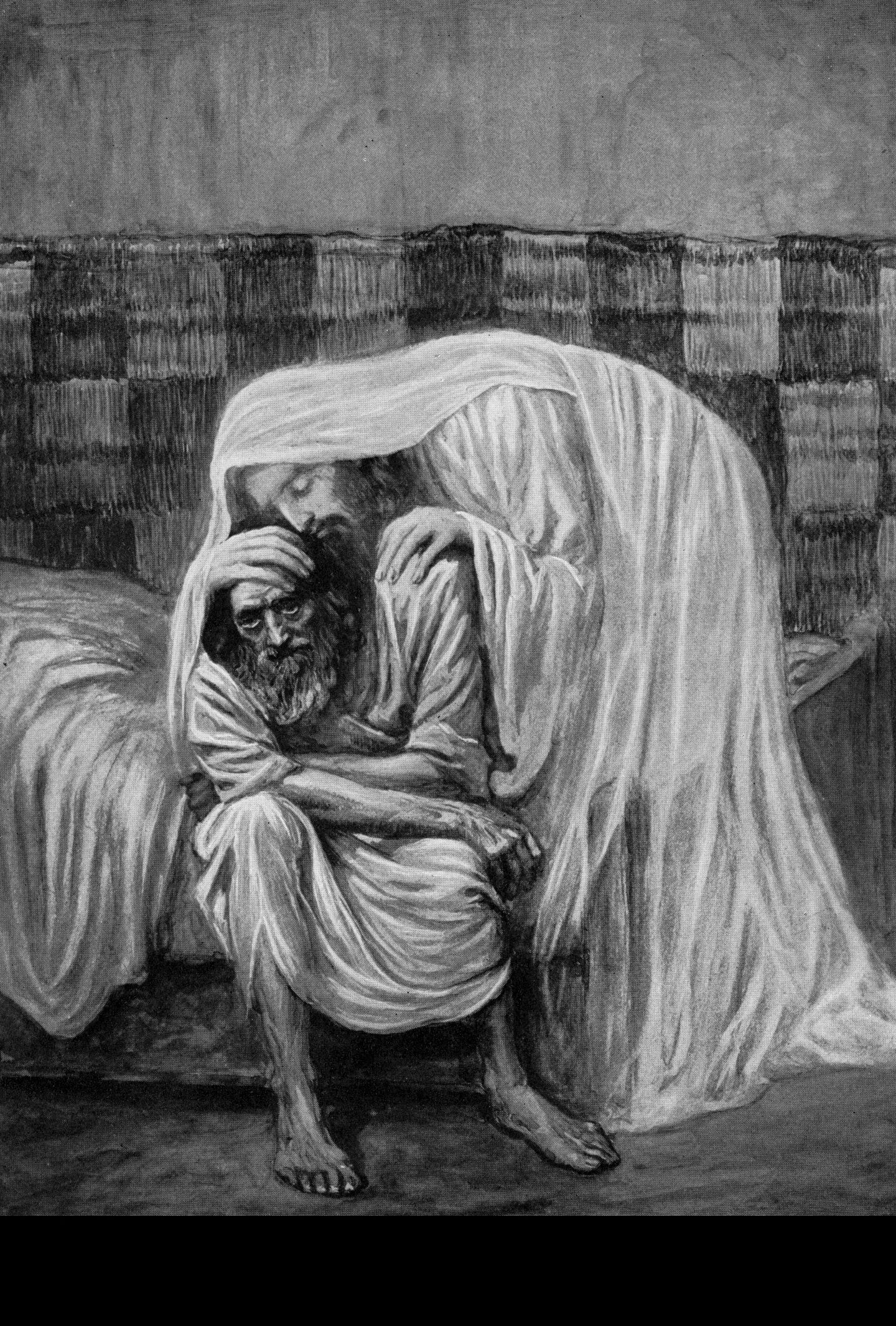
Fifteen Ways for Leaders to Develop a “Single Friendly” Church:
1. Emphasize the family of God church.
2. Ask God to open your heart to reach singles for Christ.
3. Institute an annual Single’s Day.
4. Preach one sermon a year especially directed toward single adults.
5. Plan special things for single parents.
6. Speak to the singles Sunday school class or evening meeting.
7. Develop and train single adults to be leaders in the ministry.
8. Discourage jokes about single adults needing to get married.
9. Incorporate sermon illustrations that apply to single adults.
10. Encourage singles to get involved in every area of your church.
11. Publish a list of ministry opportunities that single adults especially could fill.
12. Present sermon topics and Sunday school class subjects that attract single adults.
13. Give sermons on building a marriage before you get married.
14. Highlight single adults in the Bible.
15. Contact brainstorming sessions with single adults on how to develop a powerful ministry to singles in your area.
Dick Purnell